Still Searching for the Lost Chord: Moody Blues Bring Days of Future Passed to a Modern Audience
Share
BrowardPalmBeach.com
It may seem unlikely -- especially to those who came of age in college dorm rooms during the day-glo daze of the late '60s and early '70s -- that the Moody Blues, providers of the psychedelic soundtrack of their youth, should still be going strong today. Yet indeed, nearly half a century after issuing their first definitive musical statement, the indelible Days of Future Passed, the Moodies continue to tour the world, recreating with effortless efficiency the signature songs that pronounced them the pied pipers of a generation, songs like "Ride My See-saw," "Tuesday Afternoon," "Question," and, naturally, "Nights in White Satin," a ballad that ensured them immortality.
"When we started writing and recording these songs, they were about us, things we were going through and things that were happening in our lives," observes John Lodge, whom for the past 45 years, has been the band's bassist and singer.
He is part of the legendary line-up that still includes singer and guitarist Justin Hayward and drummer Graeme Edge. "Although it's a different generation now, the people who are our age and that were the same age as we were when we were writing and recording these songs, still have the same hopes, dreams, and frustrations, and I think that's really what it's about."
Formed in Birmingham England in the mid '60s, the first incarnation of the Moody Blues was as Lodge describes them, "a cover band really" who specialized in American blues and R&B standards. However, when Lodge and Hayward came on board in late 1966, joining original members Edge, keyboard player Mike Pinder, and flautist Ray Thomas, the dynamic changed dramatically.
"For me, I thought it was very difficult to sing about the blues from the Delta when I'd never even been to America," Lodge recalls. "There was no affinity there really. In England, at that time, there were so many bands doing cover versions of everything. So, I suggested that we just ignore all that and get rid of the suits we wore on stage, get rid of everything and become who we are... Let's do some 'English blues,' some English things, and make it about us. And that was the best thing we ever did, because Days of Future Passed came out of that."
Speaking in precise tones and with a refined English accent, Lodge sounds unduly modest. In fact, Days of Future Passed would become a milestone in the annals of British rock, an early concept album that measured up to such classics as Sgt. Pepper, Beggars Banquet, Tommy, In the Court of the Crimson King, and others that literally changed the course of popular music and resonate even today. It would also launch a string of best-selling Moody Blues albums that became essential to every music fan's musical library, In Search of the Lost Chord (1968), On the Threshold of a Dream (1969), To Our Children's Children's Children (1969), Every Good Boy Deserves Favour (1971), and Seventh Sojourn (1972).
Such is their staying power that in recent years, several leading Nashville musicians have recruited John and Justin for a pair of albums entitled Moody Bluegrass, which, as the title implies, boasts surprisingly successful bluegrass renditions of Moody Blues standards.
These days however, the Moodies seem more intent on recreating those songs onstage rather than venturing back into the studio where the prospects of reaching a modern-day audience seem scant at best. Consequently, while new studio albums from the band have been scarce in recent years, they continue to tour consistently.
"It's a reversed trend I think," Lodge muses. "Before the heady days of album sales, we began performing live music. Days of Future Passed actually came from our live stage show and that developed into an album. So really, it's almost gone back to that. Live music is the only way you can hear bands and artists nowadays."
Indeed, the band's concerts emphasize that point. "We approach them like an album and actually take the audience through an emotional journey, so that by the end of the evening, the audience goes away with an emotional impact, and hopefully when they hear a Moody Blues song afterwards, they can say, "Yep, I was there."
So, does Lodge himself harbor a certain amount of nostalgia for the so-called "Swingin' Sixties?" "It does bring an nice smile to the face remembering those times, because that's where it all began," he concedes. "When you think about London at the time, it was incredible, and incredibly strange. Everyone was looking for something different. And it was very different. But to be honest, I never live in the past. History is history, and I'm always thinking about tomorrow, not yesterday.
